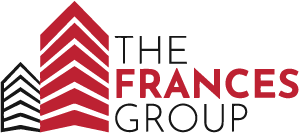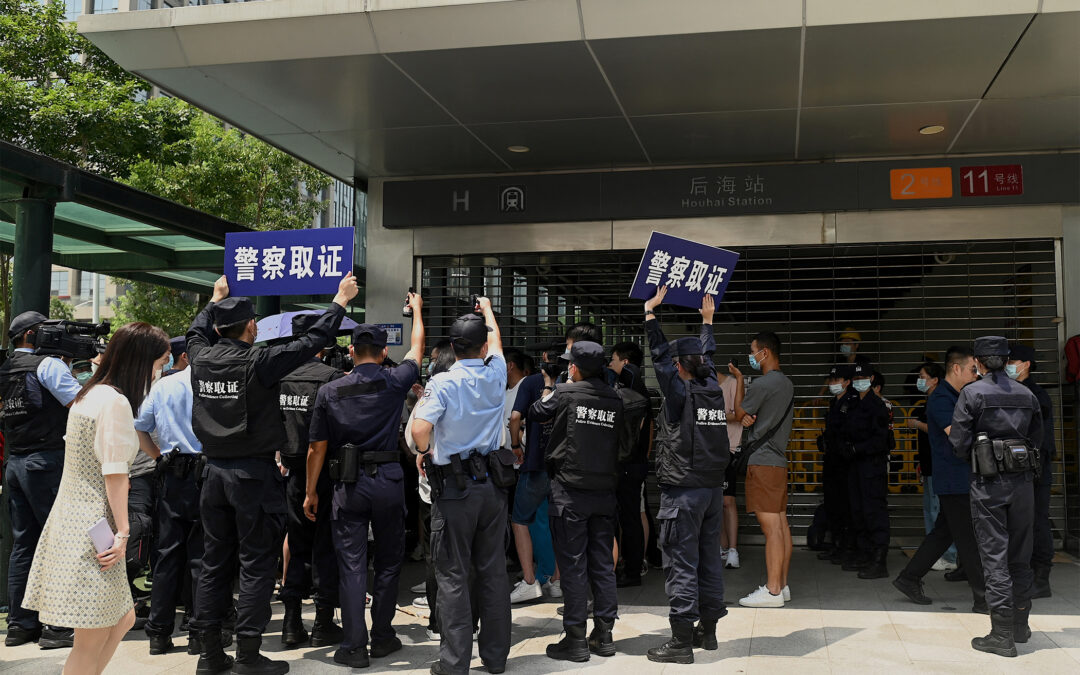The world has started watching for fallout from the potential financial collapse of China Evergrande Group, one of that nation’s largest conglomerates, whose holdings include more than 1,300 residential and other property projects in 280 cities there.
Evergrande, whose arms reach into eight different industries and whose assets total about $350 billion, disclosed this month it would fail to make a timely payment on some of its more than $300 billion in bond debt. Media reports overseas referred to Evergrande’s troubles as China’s Lehman Brothers.
In the United States, Lehman Brothers’ collapse 13 years ago this month was the climax of the subprime mortgage crisis that brought on the Great Recession. The investment bank filed for Chapter 11 bankruptcy with $600 billion in assets.
More than 70 U.S. publicly reporting investment funds said they held some of Evergrande’s debt or the company’s stock in their most recent monthly reports filed with the Securities and Exchange Commission. In China, the company’s liabilities span more than 128 banks and over 121 nonbank financial institutions, according to a congressional report.
Evergrande’s disclosure prompted major demonstrations outside the company’s headquarters in Shenzhen, China, brought on ratings downgrades from U.S. bond analysts, and even made its way into the halls of Congress in Washington. U.S. stocks tumbled Monday, with the Dow Jones Industrial Average sliding 614 points, or 1.8%, its biggest one-day drop since July 19. In China, many of the protesters were homebuyers concerned they would not get their deposits back on unfinished homes if Evergrande collapsed.
The U.S.-China Economic and Security Review Commission, which was created by Congress in October 2000 to monitor issues affecting trade between the two countries, issued a summary bulletin to Congress last week laying out Evergrande’s troubles and why its financial health matters.
“A potential default by Evergrande risks triggering a rush to collect on the property developer’s debt and sparking a further selloff in China’s high-yield corporate debt market,” the bulletin said. “Some of Evergrande’s creditors, such as local governments, are themselves heavily indebted, so Evergrande’s stress could spread within the financial system.”
The situation for China’s government is precarious. It does not want to signal to investors it will step in for firms it considers too big to fail, according to the bulletin. But neither does it want turbulence from property development to spill over into the real estate market.
“Real estate is the greatest store of household wealth in China, so the government has attempted to carefully manage housing prices in major real estate markets in order to prevent volatility in household wealth from impacting consumer confidence,” according to the bulletin. “At the same time, the government wants to contain housing price growth. Because property is viewed as an investment avenue, speculative home purchases have fueled soaring property prices in major Chinese cities, exacerbating wealth inequality.”
Last month, China’s Central Bank and Banking and Insurance Regulatory Commission called for Evergrande to “actively resolve debt risks, maintain the real estate market and financial stability, and … issue accurate information disclosures on major issues.”
Evergrande is publicly traded on the Stock Exchange of Hong Kong and disclosed its troubles in an announcement last week.
Property contract sales for the company have plummeted from about $10.7 billion in June to about $5.7 billion in August.
“The month of September is typically when real estate companies in China record higher contract sales of properties. However, the ongoing negative media reports concerning the group have dampened the confidence of potential property purchasers in the group,” Evergrande said. “The company expects significant continuing decline in contract sales in September, thereby resulting in the continuous deterioration of cash collection by the group, which would in turn place tremendous pressure on the group’s cashflow and liquidity.”
Evergrande has resorted to marketing the sale of some its subsidiaries and properties. No deals have been completed, and the company said it was uncertain whether it would be able to close any.
Ripple Effects
Skshu Paint Co., one of Evergrande’s major suppliers, reported to the Hong Kong stock exchange last month that Evergrande paid off some of its receivable debt by signing over ownership of three apartment buildings. Skshu said it put those properties up for sale.
“Numerous sectors could be exposed to heightened credit risk if Chinese property developer Evergrande were to default,” Fitch Ratings said after downgrading Evergrande’s credit rating to CC — one step above the bottom rung of its ratings scale. “The downgrade reflects our view that a default of some kind appears probable. We believe credit risk is high given tight liquidity, declining contracted sales, pressure to address delayed payments to suppliers and contractors, and limited progress on asset disposals.”
Evergrande’s creditworthiness has already exacerbated credit polarization among China’s other developers, which has left those with weaker credit metrics struggling to tap debt markets at sustainable interest rates, increasing refinancing risk.
China instituted stricter rules on property developers’ capital adequacy last year, and that has hampered Evergrande and other developers’ abilities to raise cash through new loans, according to the U.S.-China Economic and Security Review Commission. The impact of the new regulations has been readily apparent in missed bond payments, with property developers accounting for defaults totaling roughly $10 billion from the beginning of 2021 to June.
Evergrande has taken other steps to right its troubles, including delaying payments to suppliers and contractors, which has resulted in the suspension of construction work at certain projects. The company is working with local government officials in negotiations.
Author Credit: CoStar Group Economy

